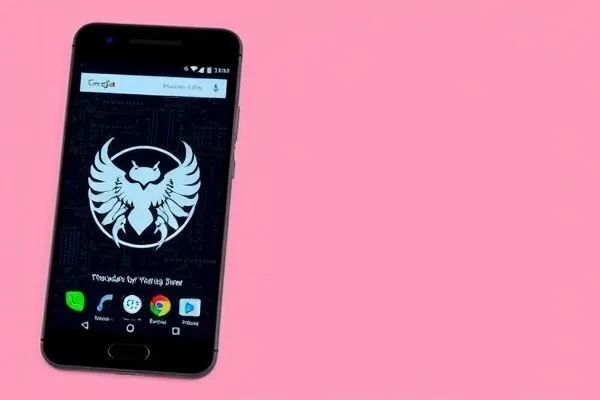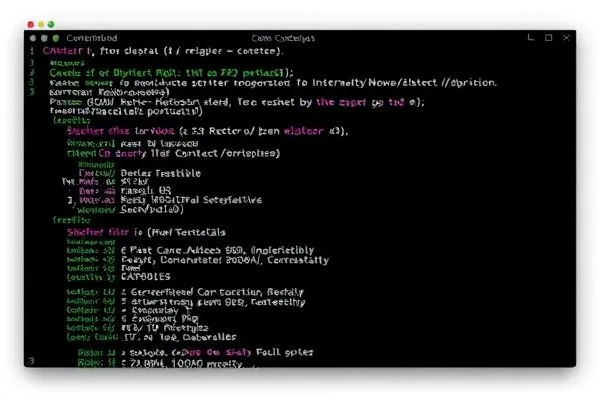Have you considered the dangers of buying counterfeit smartphones? Recent reports indicate that over 2,600 counterfeit Android devices have been infected by the Triada malware, primarily affecting users in Russia. This developing situation emphasizes the need for consumers to remain vigilant and recognize the potential risks associated with counterfeit electronics.
Key Takeaways:
- Counterfeit devices can come pre-installed with dangerous malware.
- Triada has been active since 2016 and continues to evolve.
- This malware has the ability to steal sensitive information and exert control over infected devices.
- Awareness is essential for safeguarding personal data.
Triada is a sophisticated family of modular Android malware first discovered in 2016 by Kaspersky. It functions as a remote access trojan (RAT) capable of commandeering sensitive information while enlisting infected devices into botnets for various malicious activities. Counterfeit smartphones have become a significant vector for this malware during manufacturing stages.
Historically, Triada was typically spread through intermediate apps on the Google Play Store that gained root access. However, recent trends indicate that modified WhatsApp applications serve as a propagation method, misleading users into unwittingly downloading the malware. Additionally, altered versions of Triada have been noted in off-brand Android peripherals such as tablets and digital projectors, illustrating the substantial risks tied to unverified electronics purchases.
Triada’s infection proceeds by embedding itself deep within a device’s system framework, granting it extensive control over the infected device. The capabilities of this malware include:
- Stealing user credentials from messaging platforms.
- Sending unauthorized messages on behalf of users.
- Hijacking clipboard contents to redirect cryptocurrency transactions.
- Monitoring web browsing behavior.
- Intercepting SMS messages for premium subscriptions.
- Downloading additional malicious software.
The potential threat of malware is not isolated to counterfeit devices; legitimate Android manufacturers have also inadvertently shipped devices with pre-installed adware, such as Cosiloon. This history showcases the ongoing security challenges within the mobile landscape and the susceptibility of hardware supply chains to compromise.
Kaspersky researcher Dmitry Kalinin warns that the Triada Trojan remains one of the most formidable threats to Android systems. The financial motivations behind these infections are revealing, with reports indicating that malware authors have transferred approximately $270,000 in various cryptocurrencies from their operations. This figure underscores the ruthless profitability of cybercrime and highlights the importance of continuous security measures.
In the context of widespread threats such as Crocodilus and TsarBot, which target banking credentials, users and organizations must remain vigilant and informed. Educating oneself about these evolving threats facilitates better decision-making when purchasing devices.
In conclusion, the persistence of Triada malware on counterfeit Android devices illustrates significant cybersecurity vulnerabilities. Consumers must exercise caution and verify the authenticity of products before purchase while also keeping informed about the latest cybersecurity threats to ensure the safety of their data.









